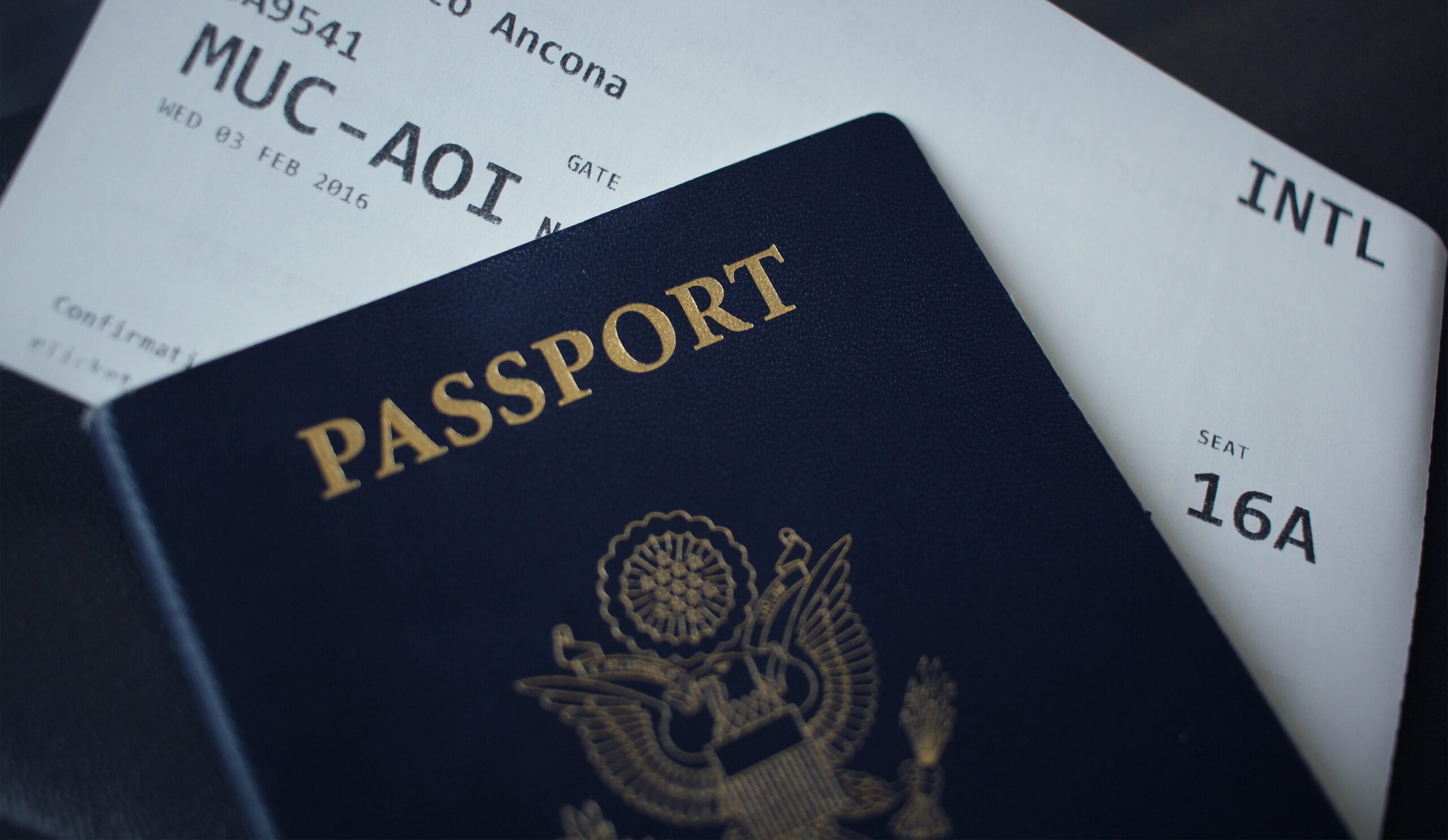
Court documents in family law matters are required to be served on all other parties in a matter. Different types of court documents require different methods of service. The different types of service are outlined below:
Personal service
Personal service, which may also be referred to as ‘service by hand’ means that the documents must be personally handed to the person to whom they are addressed.
You cannot serve court documents on the other party yourself, but they can be served by a mutual friend or family member. Alternatively you can engage a ‘process server’ to serve the documents. A process server is an impartial third party who are familiar with the requirements of personal service.
Service other than personal service
Not all family law documents are required to be personally served. In the event that the document does not require personal service, you can serve the document on the other parties address for service, or their lawyers address for service as nominated on their court documents.
What if I am not able to locate the other party or do not know where they live to serve the documents on them?
You are able to apply to the court to either dispense with service or make an order for substituted service if you have made a reasonable attempt to locate and serve the person.
Substituted service
If you do not know where the other party lives, but you are aware of another means of communication that you know they regularly check (Facebook, email or Whatsapp, for example), then you can ask the court to make an order that the other party be served by sending the documents to their Facebook, email or Whatsapp account.
Dispensation of service
Dispensation of service means that the requirement for service is dispensed with and means that the matter proceeds in their absence. Dispensation of service may be used in circumstances where the matter is urgent or when the other party is avoiding service.
Your service obligations in family law matters can be confusing. Our specialist family lawyers can assist you in navigating the process.
Contact our Family Law team on (02) 9964 0499 to arrange a no-obligation consultation.
Related Articles
What are “the best interests of the child”?
In a family law setting, all parenting decisions must be made in accordance with what is deemed to be in the child’s best…
Can I travel overseas with my children?
If you are considering travelling overseas with children involved in a separation, you will need to get written consent from…
Who is a parent?
It is important to know who is legally considered the parent of your child, as this determines who has parental…
The articles on this website comprise legal general information and not legal advice. The general information presented here must not be relied upon without legal advice being sought. In the event that you wish to obtain legal advice on the contents of this general information you may do so by contacting our office or your existing solicitor.




